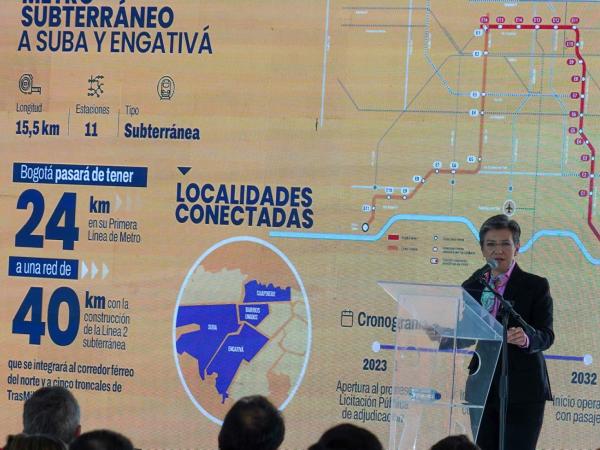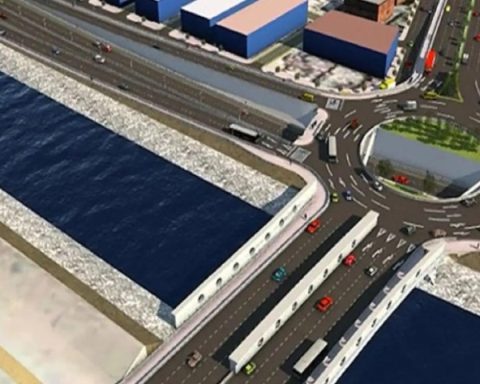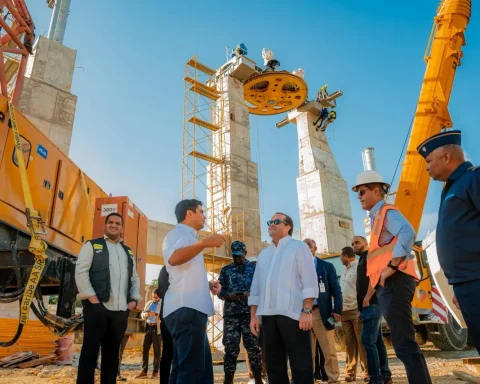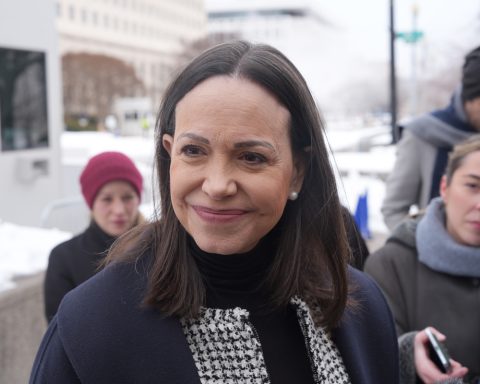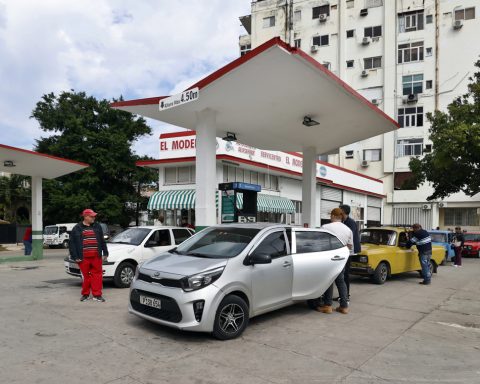The president of Colombia, Iván Duque; the Minister of Transport, Ángela María Orozco; and the mayor of Bogotá, Claudia López, secured the resources for the execution of the second line of the capital’s Metro and the trunk of TransMilenio on 13th Street.
(See: The proposals of the transporters to the new National Government).
At the event, officials signed co-financing of these projects for the capital and President Duque recognized the achievement and the progress that has been made to start with these projects.
“We left 70% financed, signed and guaranteed for the second Metro line and a financing agreement for the 13th Street corridor. This will improve the lives of millions of citizens and guarantee better mobility, as well as more competitiveness for the private sector”, said the president.
The project for the second Metro line (which will be mostly underground) will benefit more than 2.5 million inhabitants of the towns of Chapinero, Barrios Unidos, Engativá and Suba. The section has a length of 15.5 kilometers and 11 stations, of which 10 are underground and five will connect with TransMilenio.
This system has a total cost of $34.93 billion, of which the Government contributes $24.45 billion and the District $10.48 billion.
(See: What will the wagons of the first line of the Bogotá Metro be like?).
On the other hand, the TransMilenio Calle 13 trunk will have a length of 11.4 kilometers of lanes built between Carrera 50 and the district boundary on the Bogotá River.
This project will have four lanes in each direction for mixed traffic, an exclusive lane for TransMilenio and two lanes at stations. In addition, 13 stations are added, a main station and a patio to house 104 articulated and bi-articulated buses.
The construction also includes the construction of public space with sidewalks and bike paths.
The trunk intends to decongest the center-west area of Bogotá and allow connection with the neighboring municipalities of Cundinamarca.
This project has a total investment of $4.97 billion, of which, the Nation contributes 70%, that is, $3.48 billion, and Bogotá, the remaining 30%, which corresponds to $1.49 billion.
(See: Actions to guarantee progress of the transport infrastructure).
For the Minister of Transport, Ángela María Orozco, “We marked a new milestone for transportation in Bogotá, with the signing of the co-financing agreements for the Line 2 projects and the TransMilenio trunk line on Calle 13, a commitment to sustainable mobility, that which, in addition to helping us get around, takes care of of people and the environment, reducing polluting gas emissions and generating a better public space. So this is very good news for everyone.”.
Signature of the co-financing agreement.
In turn, the event discussed other mega infrastructure projects that will help mobility in Bogotá.
The first of these is the project in the 68th avenue which includes mixed lanes, BRT lanes and 21 stations, including a multimodal one that will allow connection with the Metro. Also 13.6 km of new cycle paths and 4.3 km of rehabilitated cycle paths.
This work, which is expected to benefit 1.1 million inhabitants, will have a investment of $3.2 billion and is expected to be delivered by 2025.
In the case of the avenue Cali city, The project that is being carried out seeks to optimize the provision of the mass public transport service, building exclusive lanes from the Circunvalar del Sur avenue and the Manuel Cepeda Vargas avenue, in an approximate length of 7.3 km. This work will have injection of money for $928,062 million.
(See: How mass transit systems have fared in the past year).
On the other side of town, Bogotá is working on the construction site ALO South for a value of $1,193 million. And it was announced that the infrastructure and property handover act has been signed, as well as the start act on July 19, 2022, starting the pre-construction stage (12 months).
The contract will be for 30 years, of which 1 will be in the pre-construction stage, 4 in the construction stage, and 25 years of operation and maintenance.
Lastly, the work of North accesses ll. It should be remembered that on June 23, 2022, the start of the contract was signed to begin the pre-construction stage. The contract will be long-term for 29 years, and pre-construction stage 1.5.
(See: Beat, DiDi and Cabify are sanctioned for failing to comply with transport regulations).
BRIEFCASE
